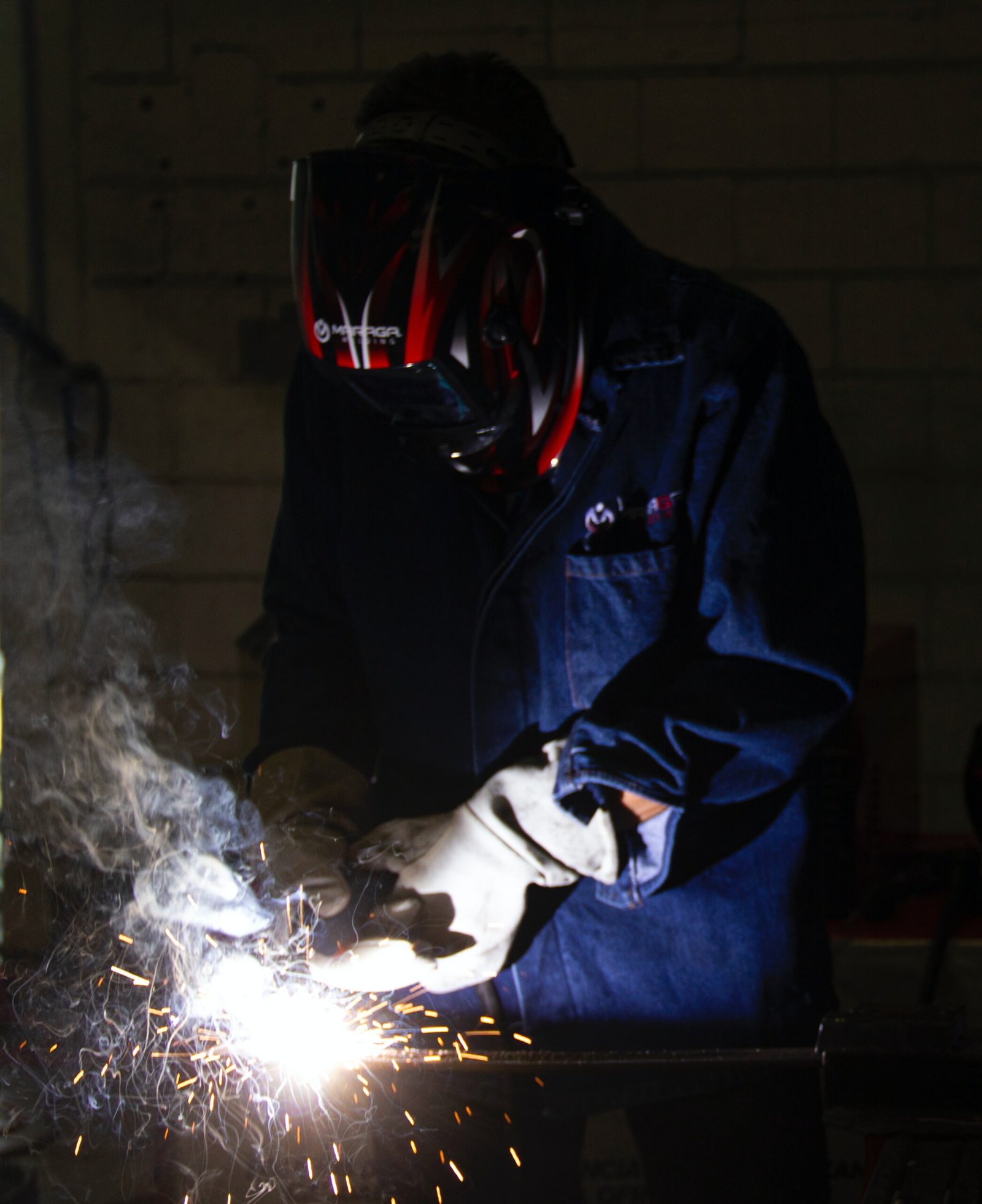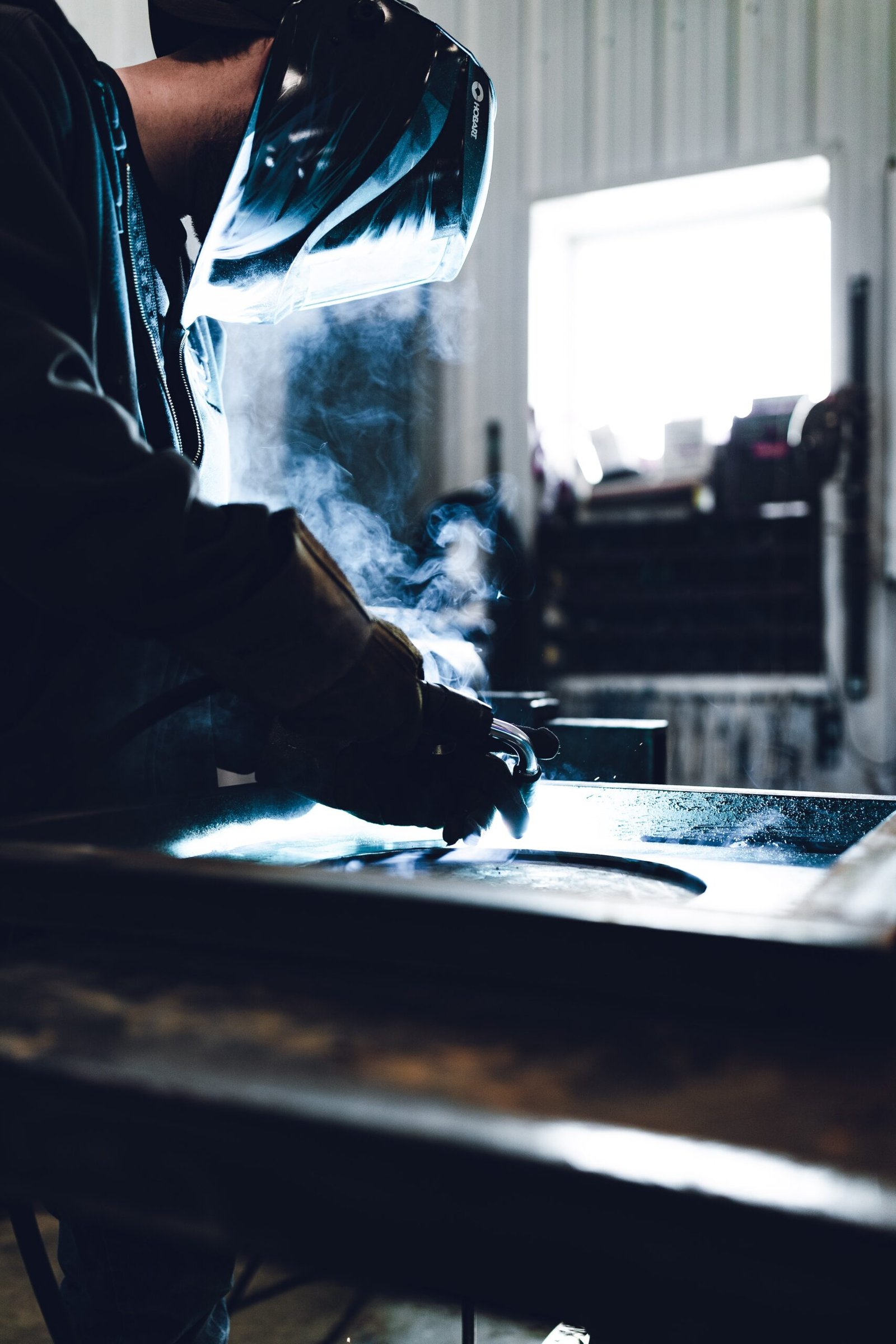In the world of welding, TIG welding machines are highly regarded for their precision and versatility. TIG, which stands for Tungsten Inert Gas, is a welding process that utilizes a non-consumable tungsten electrode to create the weld. This process is known for producing high-quality, clean welds, making it a popular choice for a wide range of applications.
What is a TIG Welding Machine?
A TIG welding machine, also known as a TIG welder, is a device that generates the necessary heat and power for the TIG welding process. It consists of several key components, including a power source, a welding torch, a shielding gas system, and a foot pedal or hand control.
The power source in a TIG welding machine provides the electrical energy needed to create the arc between the tungsten electrode and the workpiece. It controls the welding current, which determines the heat input and the penetration of the weld. The welding torch holds the tungsten electrode and directs the flow of shielding gas to protect the weld from atmospheric contamination. The shielding gas system supplies the appropriate gas, typically argon or a mixture of argon and helium, to create a stable arc and prevent oxidation of the weld.
The foot pedal or hand control allows the welder to regulate the welding current and maintain precise control over the welding process. This is particularly important in TIG welding, where accuracy and control are essential for achieving high-quality welds.
Types of TIG Welding Machines
TIG welding machines come in various types, each designed to meet specific welding requirements. Here are some of the most common types:
1. AC/DC TIG Welding Machines
AC/DC TIG welding machines are versatile machines that can be used for both aluminum and steel welding. They have the ability to switch between alternating current (AC) and direct current (DC) output. AC is used for welding aluminum and magnesium, while DC is suitable for welding stainless steel, carbon steel, and other metals.
2. Inverter TIG Welding Machines
Inverter TIG welding machines are compact and lightweight, making them highly portable and suitable for on-site welding jobs. They utilize inverter technology to convert the input power into a high-frequency AC output, providing better arc stability and control. Inverter TIG welders are known for their energy efficiency and superior welding performance.
3. Water-Cooled TIG Welding Machines
Water-cooled TIG welding machines are designed for high-amperage applications that generate a significant amount of heat. These machines feature a water-cooling system that circulates coolant through the welding torch and power cables, keeping them cool and preventing overheating. Water-cooled TIG welders are ideal for heavy-duty welding tasks that require prolonged operation.
4. Pulsed TIG Welding Machines
Pulsed TIG welding machines offer a unique feature that allows the welder to alternate between high and low current levels. This pulsing action helps control the heat input and minimizes distortion, making it suitable for thin materials and delicate welds. Pulsed TIG welding machines are commonly used in industries such as aerospace, automotive, and electronics.
Applications of TIG Welding Machines
TIG welding machines find applications in various industries due to their ability to produce high-quality welds with excellent control. Some common applications of TIG welding include:
- Automotive and motorcycle fabrication and repair
- Aerospace and aviation industries
- Food and beverage industry (stainless steel welding)
- Precision welding of small components
- Artistic and decorative metalwork
- Pipeline construction and maintenance
With their versatility and precision, TIG welding machines have become an indispensable tool for many welders across different industries.
In conclusion, TIG welding machines are highly regarded for their ability to produce clean, high-quality welds. They come in various types, each designed to meet specific welding requirements. Whether it’s AC/DC, inverter, water-cooled, or pulsed TIG welding machines, each type offers unique features and benefits. Understanding the different types and applications of TIG welding machines can help welders choose the right equipment for their specific needs.


